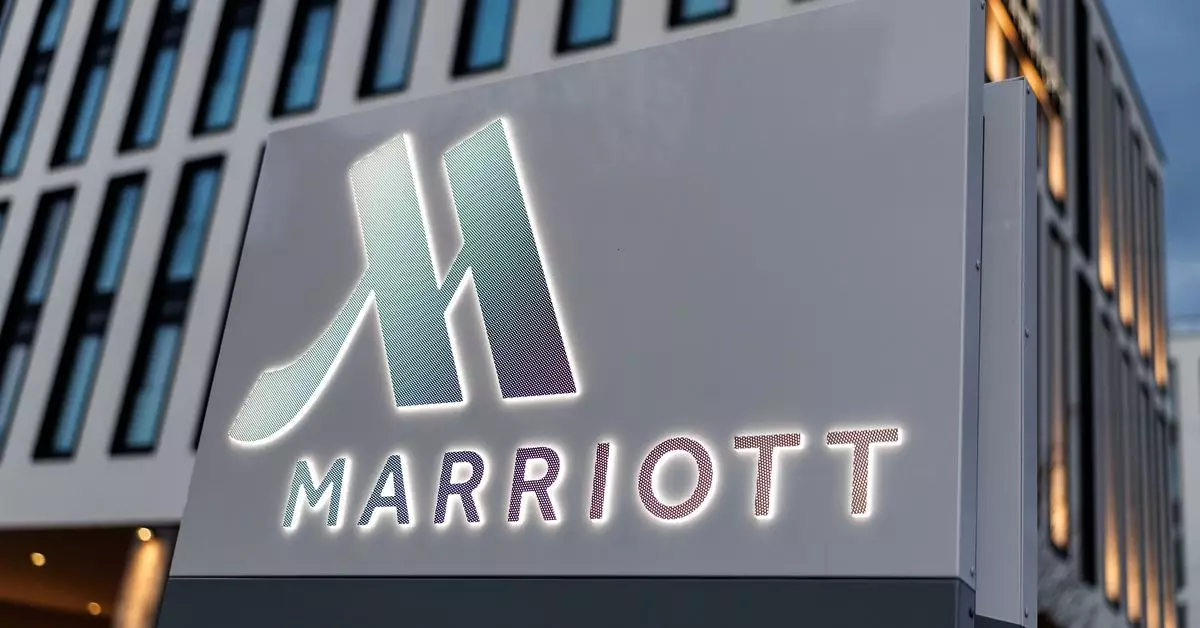In an era where personal data security is paramount, the recent actions taken by the Federal Trade Commission (FTC) against Marriott International and its subsidiary, Starwood Hotels, herald a critical moment in the ongoing battle against cybersecurity threats. The FTC, a watchdog responsible for protecting consumer rights, has finalized an order mandating Marriott to strengthen its digital security measures following a series of high-profile data breaches that exposed over 344 million customers’ information. These breaches, recorded in 2015, 2018, and 2020, highlight the precarious nature of data safety in the hospitality sector, where sensitive customer information such as passport details and credit card data often hangs in the balance.
The breaches in question occurred over an alarming period, with the shortest breach lasting an astonishing 14 months undetected, while another allowed cybercriminals unfettered access for four long years before the issue was identified. This highlights the inadequacy of existing security protocols and raises questions about the due diligence exercised by Marriott and Starwood Hotels in protecting customer data. The FTC’s recent fine of $52 million against Marriott reinforces a grim reality: major corporations, particularly in the hospitality industry, must prioritize the security of consumer data or face severe financial and reputational consequences.
Behind the statistics lies a more disturbing narrative—the erosion of trust. Customers who place their loyalty in brands expect a basic level of security that appears to have been severely lacking in Marriott’s case. This discontent extends beyond monetary loss, as individuals are increasingly aware of the potential long-term ramifications of identity theft and privacy concerns.
In response to the FTC’s findings, Marriott has pledged to implement new security protocols. These include the establishment of stringent data retention policies, which will ensure that customer information is retained only as long as necessary, and the provision of a direct link for U.S. consumers to demand the deletion of their personal data linked to loyalty programs. These steps, while commendable, must translate into tangible improvements in security practices, including diligent software updates, fortified firewalls, and the adoption of robust password policies to prevent future breaches.
Moreover, Marriott is now prohibited from making misleading claims about its data protection practices. This transparency is vital as it reinstates consumer confidence—a critical factor as customers navigate the increasingly complex landscape of data privacy.
Long-term Accountability
The FTC’s order, which will last for 20 years, is a significant step towards long-term accountability in the hospitality industry. A critical observation is whether Marriott can live up to its commitments, especially given the industry’s occasional reluctance to invest adequately in cybersecurity. The new measures require Marriott to maintain compliance records and submit to regular inspections by the FTC, ensuring that the company not only adheres to these newly instated regulations but continuously evolves its security posture.
As the lines between technology and everyday life blur, the outcome of such cases will likely serve as a precedent for how other organizations approach data security. The fear of public exposure and financial repercussions may drive more companies to adopt proactive measures to safeguard consumer data, facilitating a transition towards a more secure digital ecosystem.


Leave a Reply